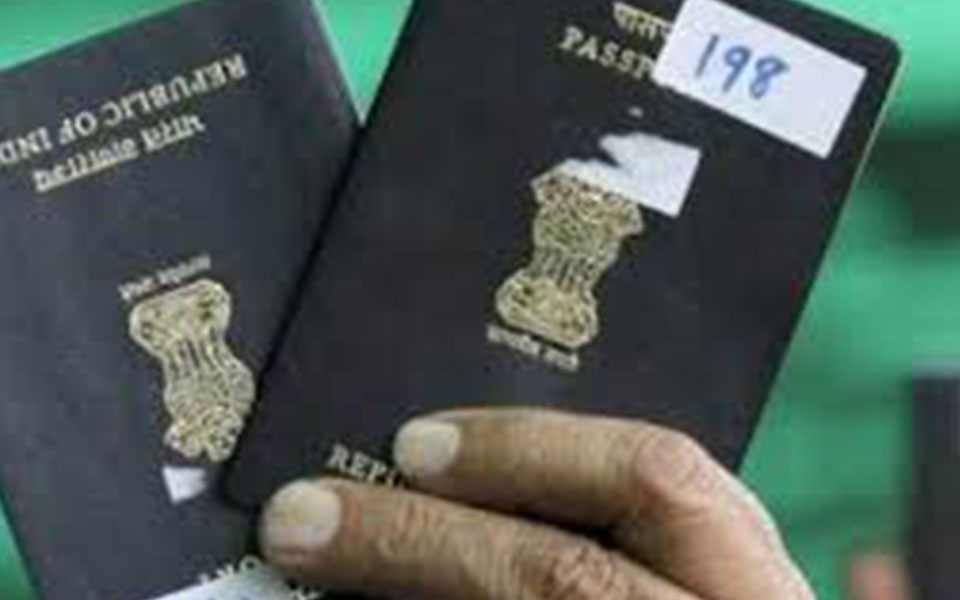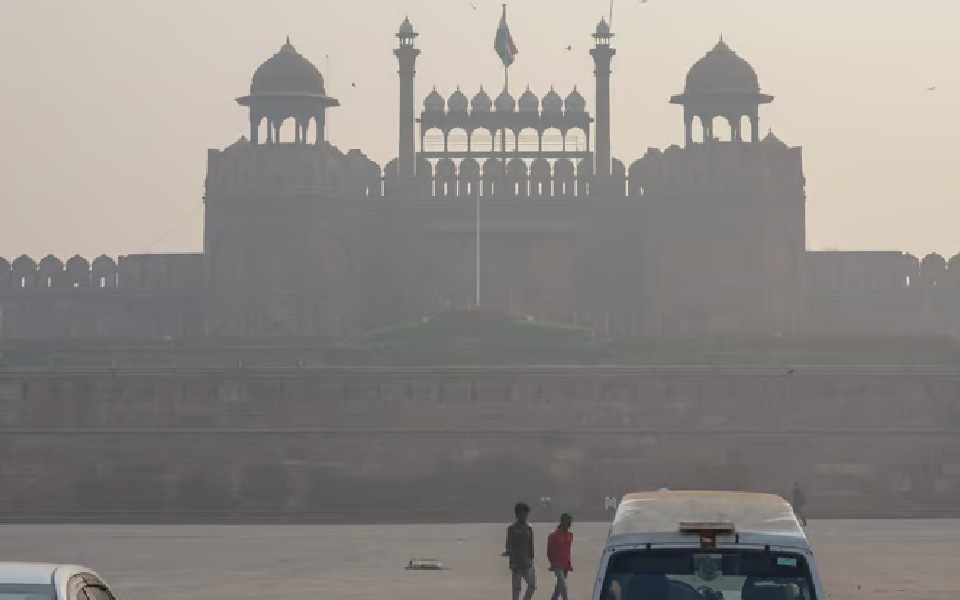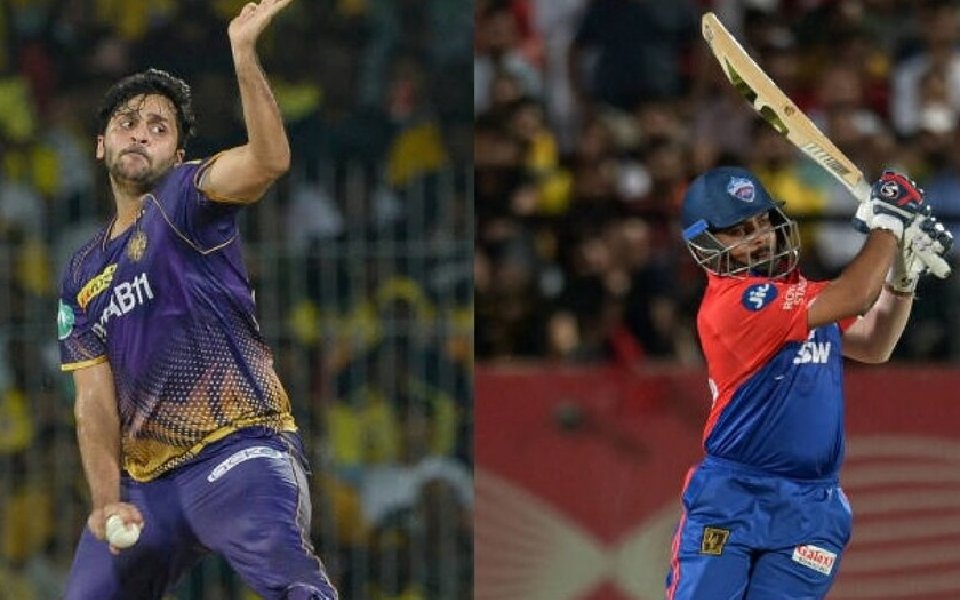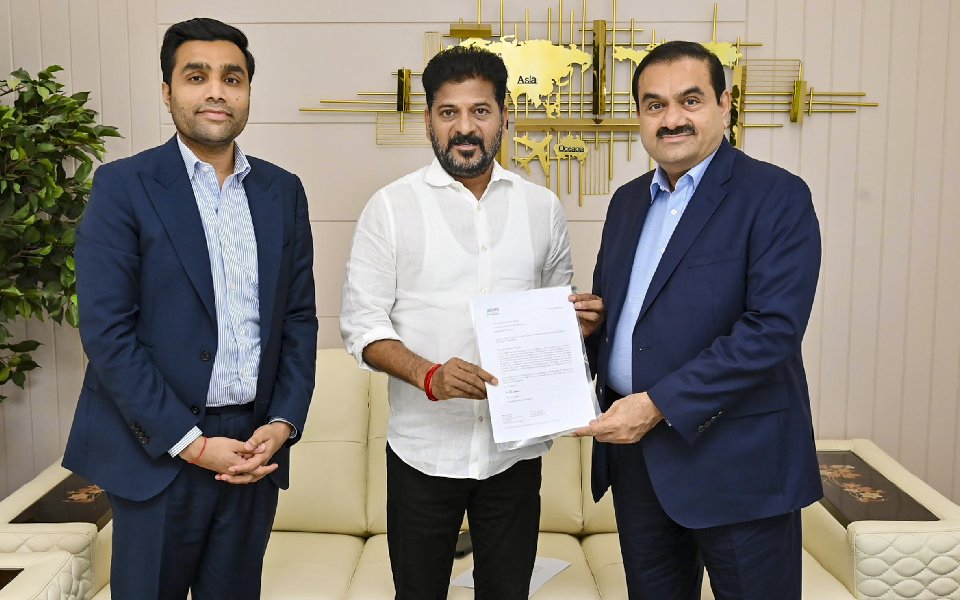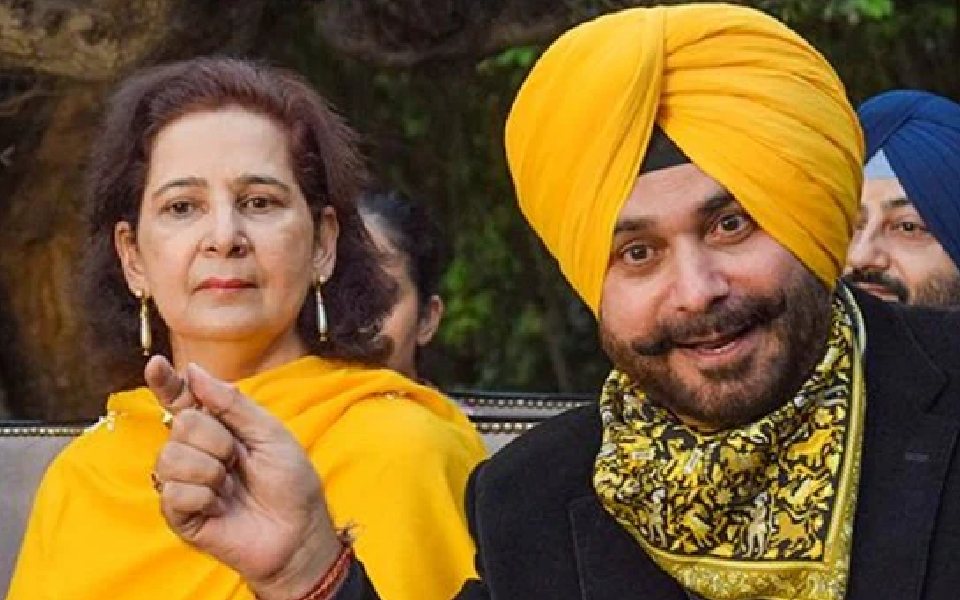New Delhi, May 30: The Ministry of External Affairs (MEA) has decided to revoke the passports of five NRIs against whom Look-out-Circulars (LoC) had been issued by Integrated Nodal Agency (INA), the Ministry of Women and Child Development (WCD) said on Wednesday.
According to the WCD, the INA -- an inter-ministerial body dealing with matrimonial disputes headed by a Secretary, Rakesh Srivastava -- met External Affairs Minister Sushma Swaraj earlier this week and recommended that the passports of all those who have been issued LoCs be revoked.
The WCD Ministry says it has received 40 cases related to matrimonial disputes relating to NRIs, of which six found to be serious and LoC issued.
The government last month found five cases of matrimonial disputes fit for issuing LoCs and notice was thereafter sent to the concerned NRIs. Earlier this month, the ministry said it had decided to issue another LoC in a matrimonial dispute.
According to the ministry, in criminal matters involving NRIs, the LoC can be issued by the investigating agency in cognisable offences when the overseas husband is deliberately evading arrest or not appearing in the trial court despite non-bailable warrants and other coercive measures, or there is a likelihood that he will leave the country to evade trial or arrest.
The INA had recommended the revocation of passport to the MEA in connection with the sixth LoC issued by it.
The step comes after the WCD Ministry had a fall-out with the Law Ministry on impounding passports and confiscation of the property of those NRI husbands who have been found guilty of deserting their wives and failed to appear in the court.
"The suggestion was presented in front of a group of ministers who approved it. However, the Law Ministry did not support the step. Therefore, we sought a meeting with Sushma Swaraj," an official said.
Let the Truth be known. If you read VB and like VB, please be a VB Supporter and Help us deliver the Truth to one and all.
New Delhi, Nov 25: Delhi's air pollution levels remained alarming on Monday, with the capital's 24-hour average AQI reading soaring to 349 from 318 the previous day, even as the Supreme Court slammed the city government and police for a "serious lapse" in implementing GRAP curbs.
The apex court, however, asked the central pollution watchdog to consider restarting physical classes in the schools and colleges of Delhi-NCR, noting that students are being deprived of mid-day meals and lack the wherewithal to attend virtual classes.
According to the SAMEER app, which offers hourly updates on the National Air Quality Index, the AQI was recorded at 218 at 9 am, but it rose to 377 at 7 pm, thanks to a low wind speed.
Seven of the 38 air quality-monitoring stations in Delhi reported AQI levels in the "severe" category at 5:30 pm, with the number rising to 14 at 7 pm.
The latest data from the Central Pollution Control Board (CPCB) said Delhi's 24-hour average AQI, recorded at 4 pm, stood at 349.
Bhavreen Kandhari, an environmentalist, said the AQI has risen due to a combination of stagnant winds that have a speed of less than 10 kilometres per hour and dropping temperatures that trap pollutants close to the ground.
The CPCB categorises the AQI as follows -- 0-50 (good), 51-100 (satisfactory), 101-200 (moderate), 201-300 (poor), 301-400 (very poor), 401-450 (severe) and above 450 (severe plus).
Last week, the city endured its highest recorded AQI for the season, reaching a hazardous 495, prompting the implementation of the Stage-4 restrictions under the Supreme Court-mandated Graded Response Action Plan (GRAP) to curb pollution.
On Monday, the primary pollutant contributing to the deteriorating air quality was PM2.5, with levels recorded at 166.9 micrograms per cubic metre at 4 pm.
These fine particulate matters with a diameter of 2.5 micrometres or less, pose severe health risks as these can penetrate deep into the lungs and enter the bloodstream.
The drop in the air quality follows a week of hazardous levels of pollution, with Delhi's AQI surpassing 450 for the first time this season last Sunday morning.
Although the air quality improved slightly on Thursday and Friday, it worsened again on Saturday, with the AQI returning to the "severe" category.
As evening descended on Monday, a thick layer of mist and smog covered the city, reducing visibility and exacerbating the air-quality crisis.
Meanwhile, the Supreme Court asked the Commission for Air Quality Management (CAQM) to consider restarting physical classes in schools and colleges in the National Capital Region (NCR) and adjoining areas, noting that students are being deprived of mid-day meals and lack the wherewithal to attend virtual classes.
The restrictions on physical classes in schools and colleges were imposed recently due to severe air pollution.
The court censured the Aam Aadmi Party (AAP) government and Delhi Police for a "serious lapse" on their part in strictly implementing the GRAP-4 measures, and directed the CAQM to take action against the erring officials.
A bench of Justices Abhay S Oka and Augustine George Masih said the authorities have made no efforts to implement the GRAP-4 measures.
"It is apparent that the authorities mentioned in GRAP-IV clauses 1, 2 and 3 have made no earnest efforts to implement action under clauses 1 to 3. Some police teams were deputed at a few entry points, that also without any specific instructions," it said.
The Centre's Decision Support System (DSS) for Air Quality Management estimated that vehicular emissions contributed 16.4 per cent to Delhi's pollution on Monday. Stubble burning, another major factor, accounted for 11 per cent of the capital's pollution on Sunday.
The DSS provides daily estimates for vehicular emissions, while the data on stubble burning is typically released the following day.
Meanwhile, the daytime temperature was recorded at 25.8 degrees Celsius, 0.9 notches below the seasonal average, the India Meteorological Department (IMD) said.
Humidity levels fluctuated between 85 per cent and 68 per cent during the day.
The IMD has forecast moderate fog for Tuesday, with the maximum and minimum temperatures likely to hover around 26 degrees Celsius and 12 degrees Celsius respectively.

